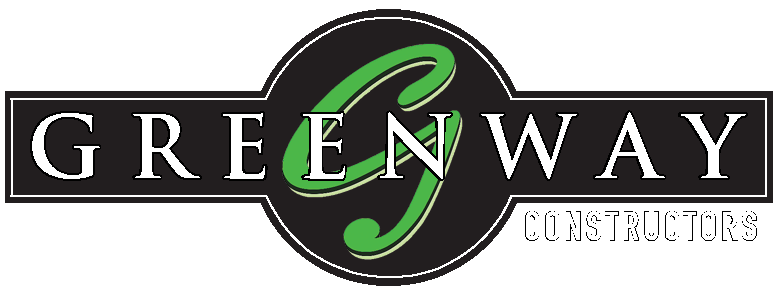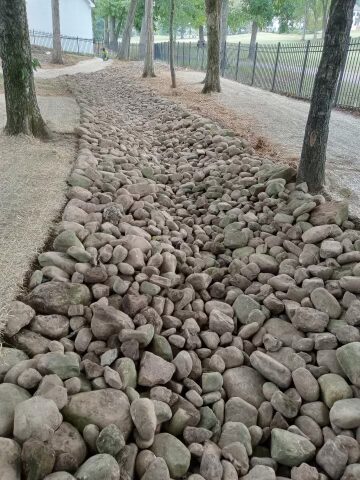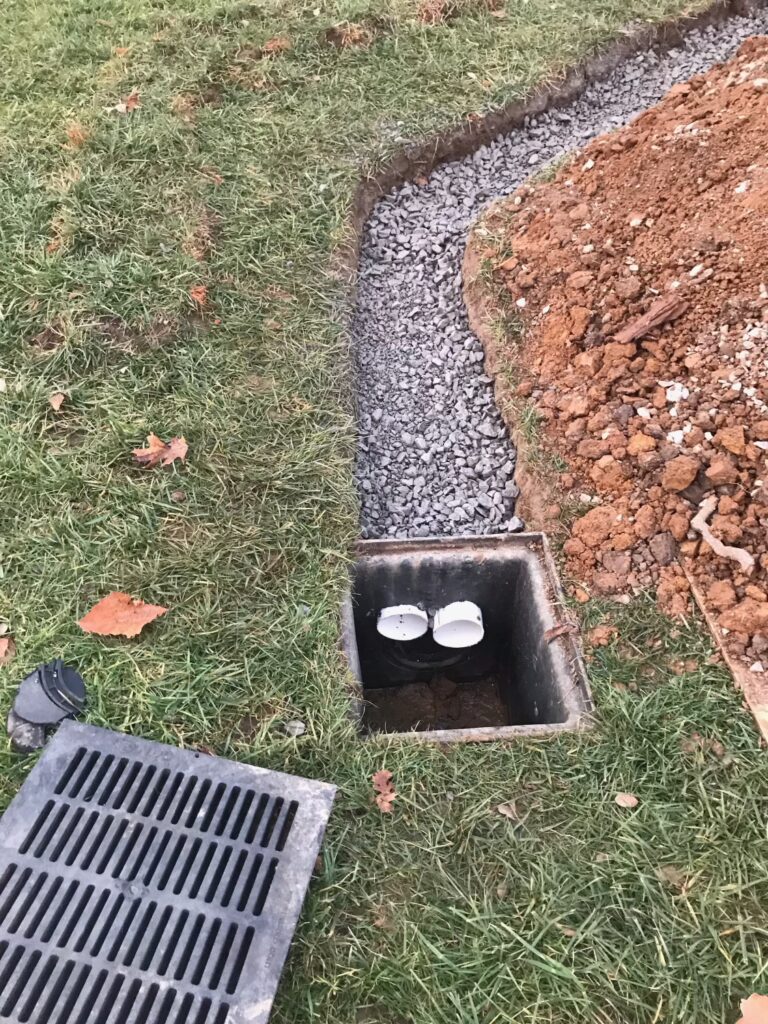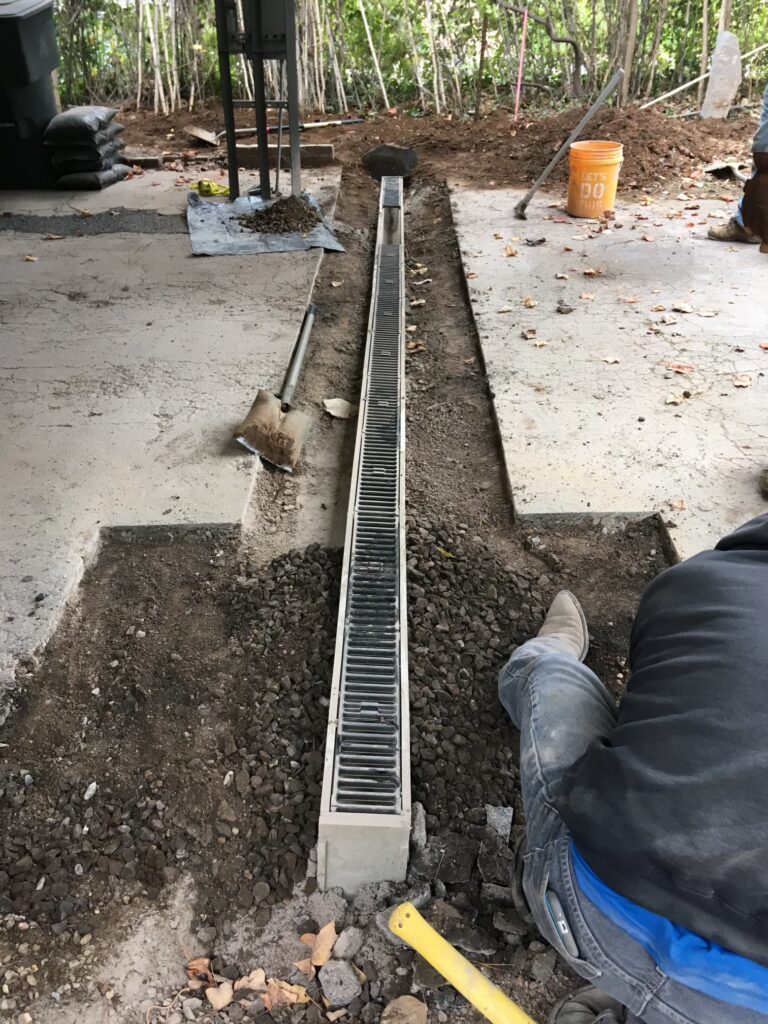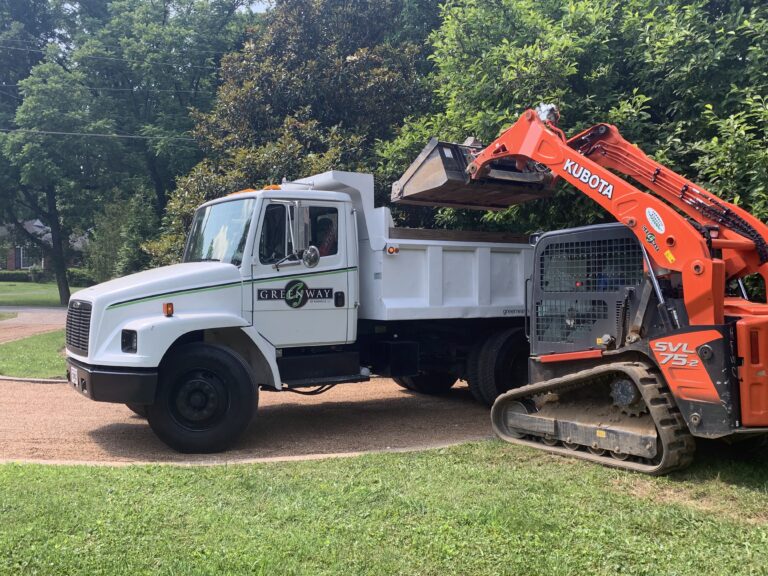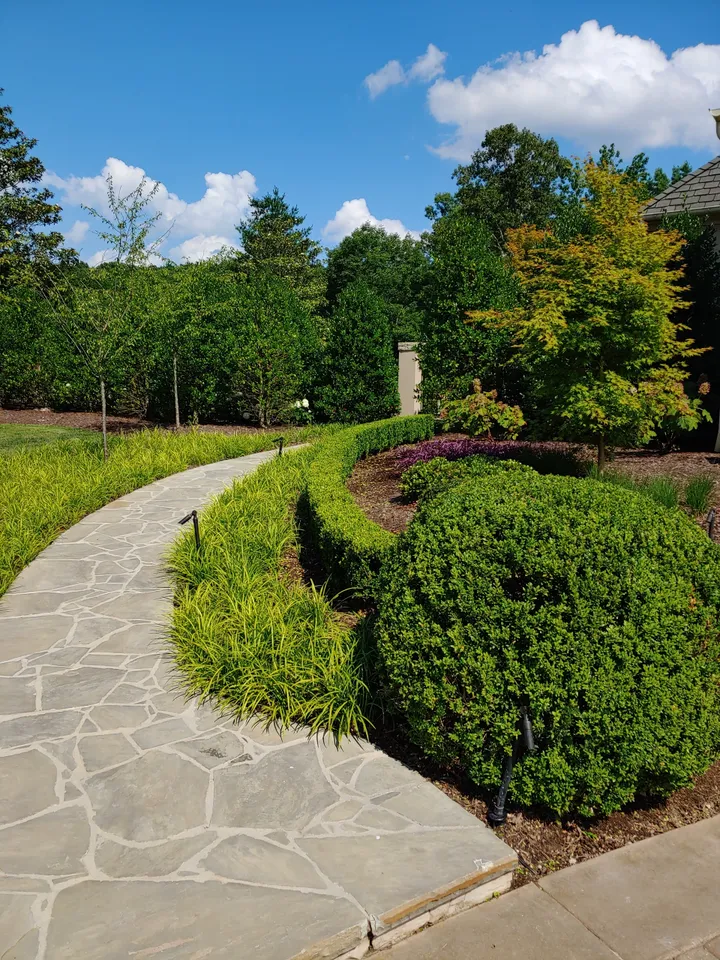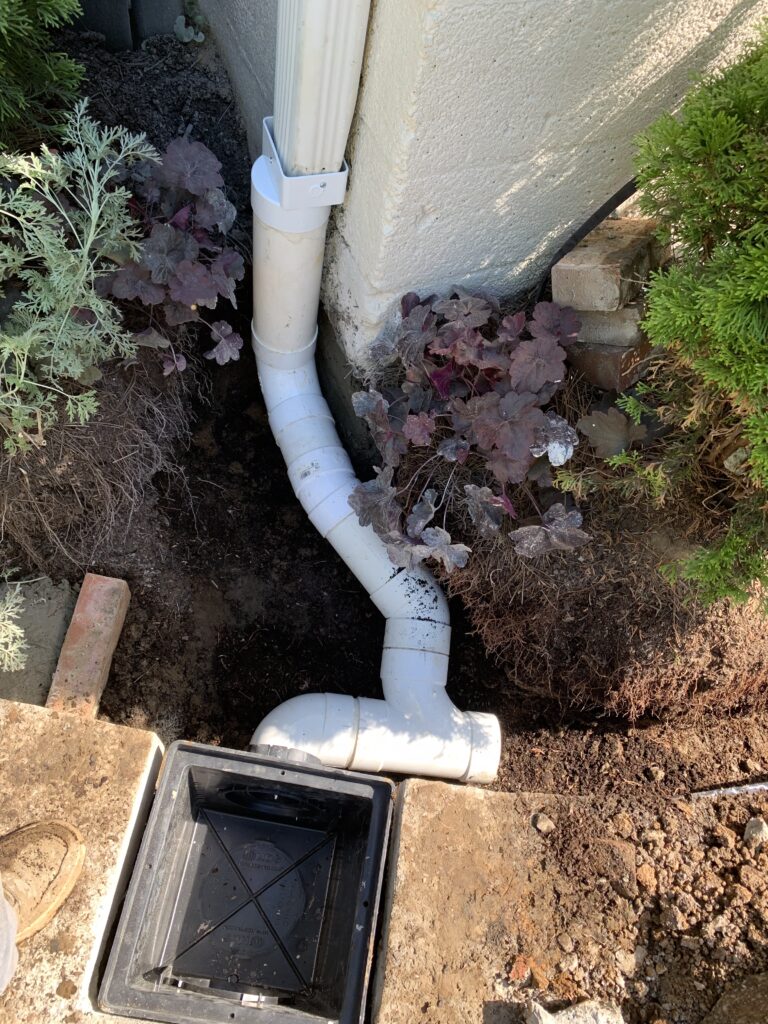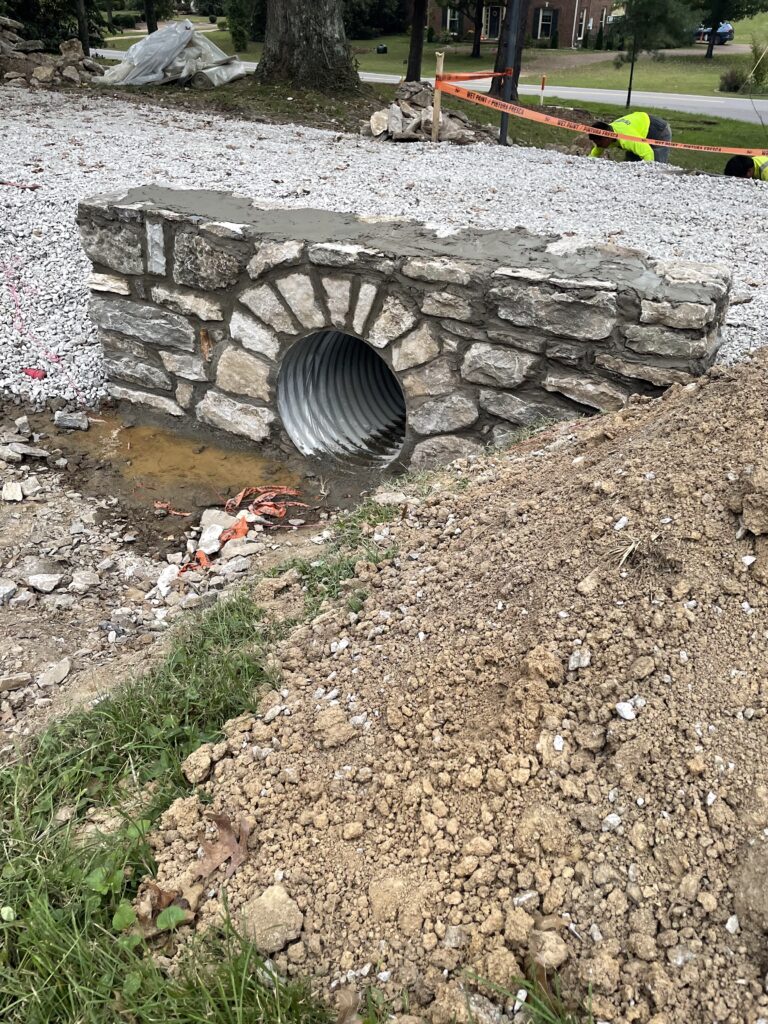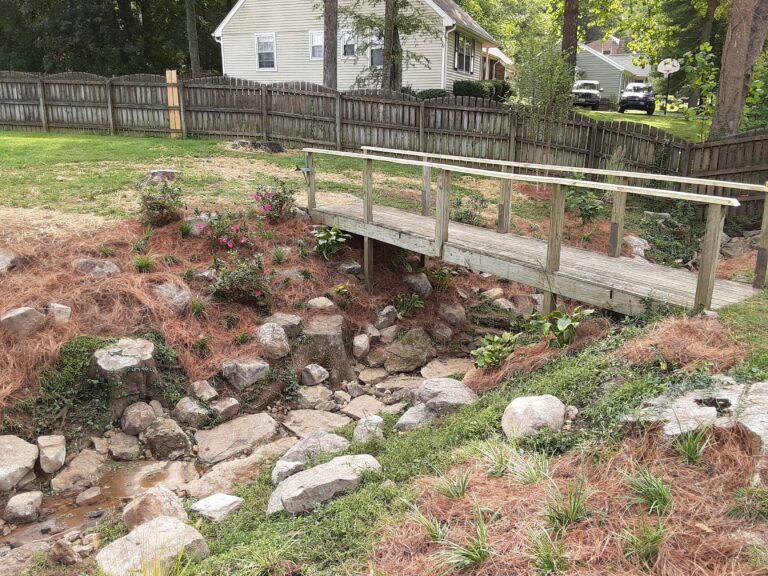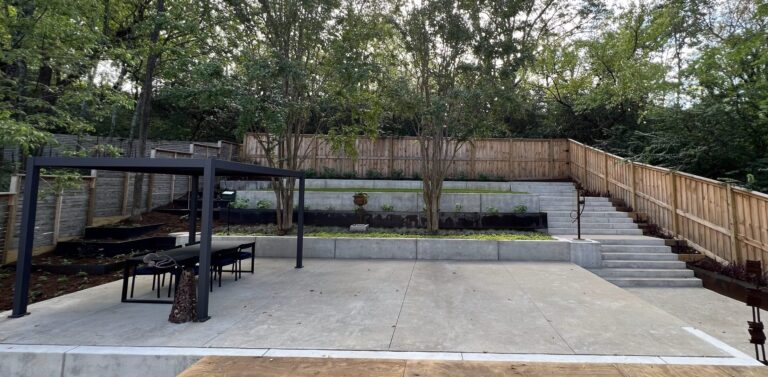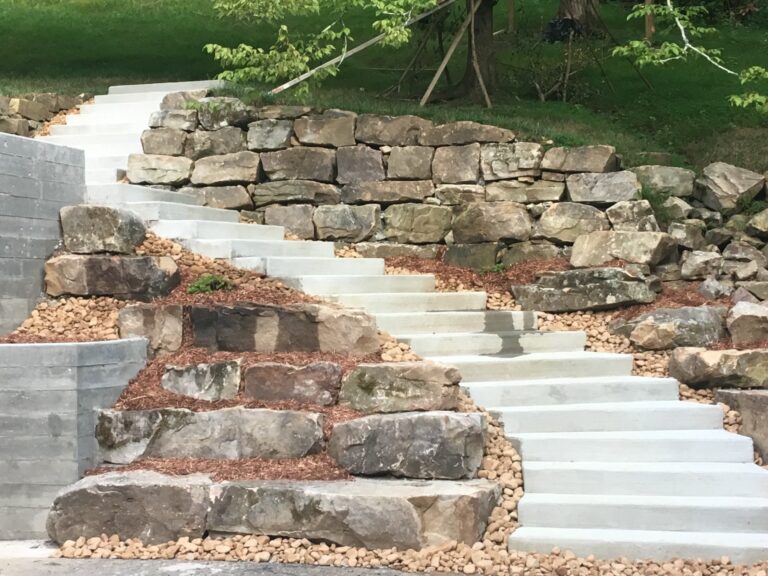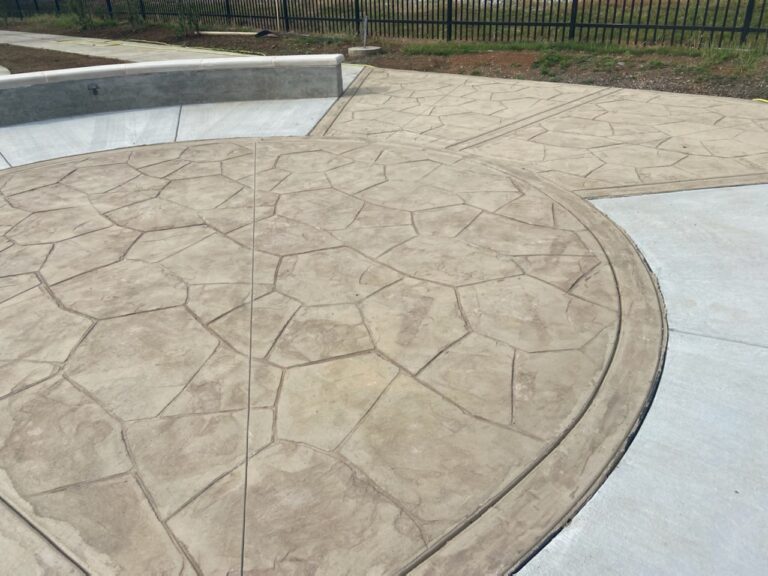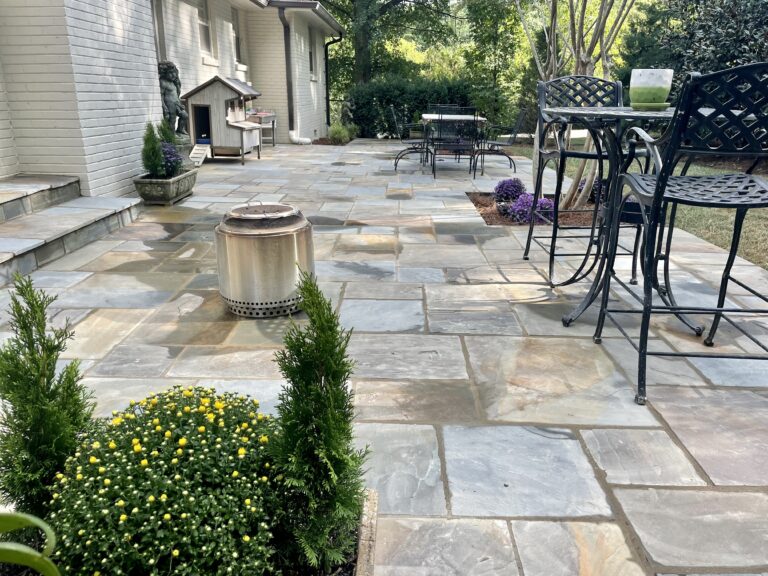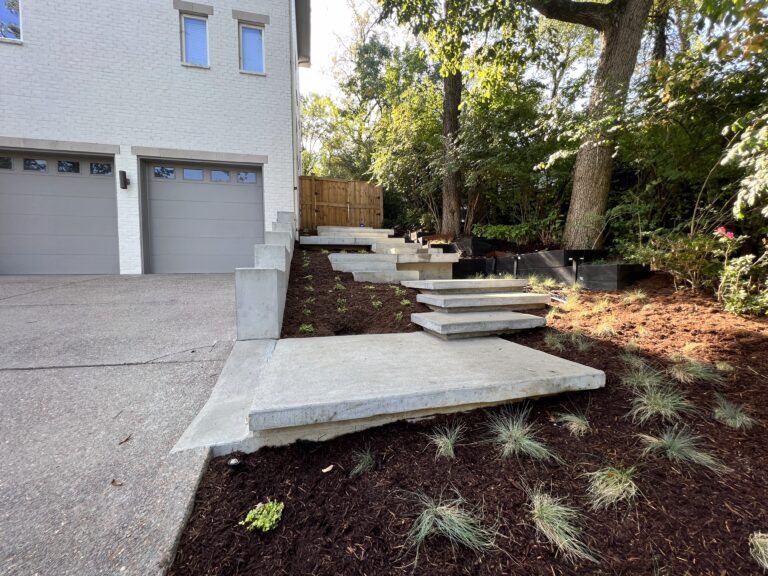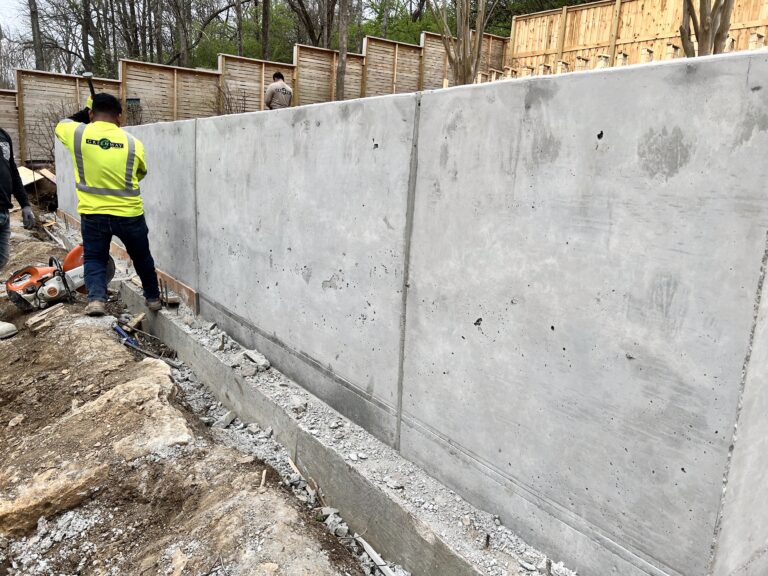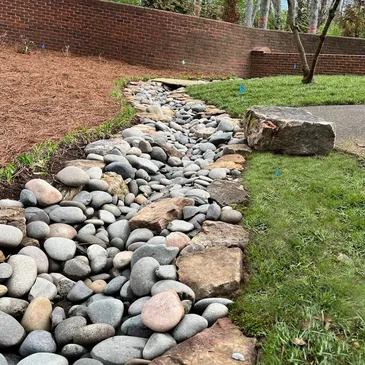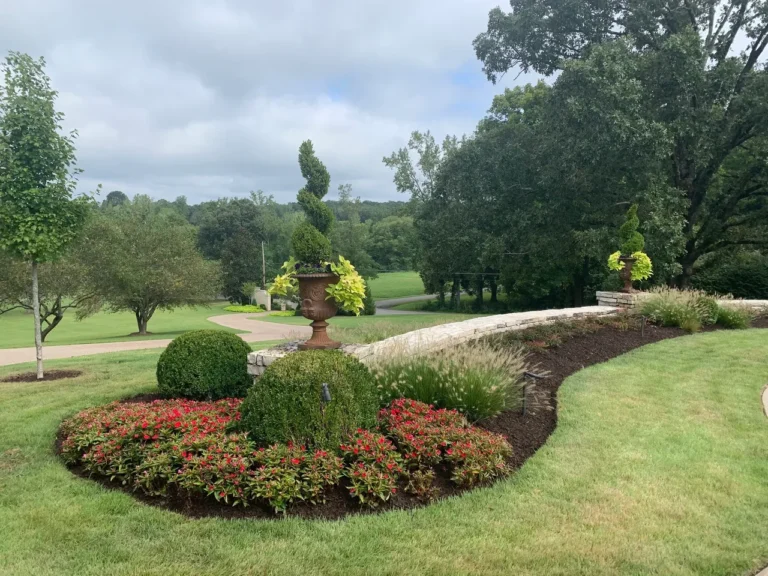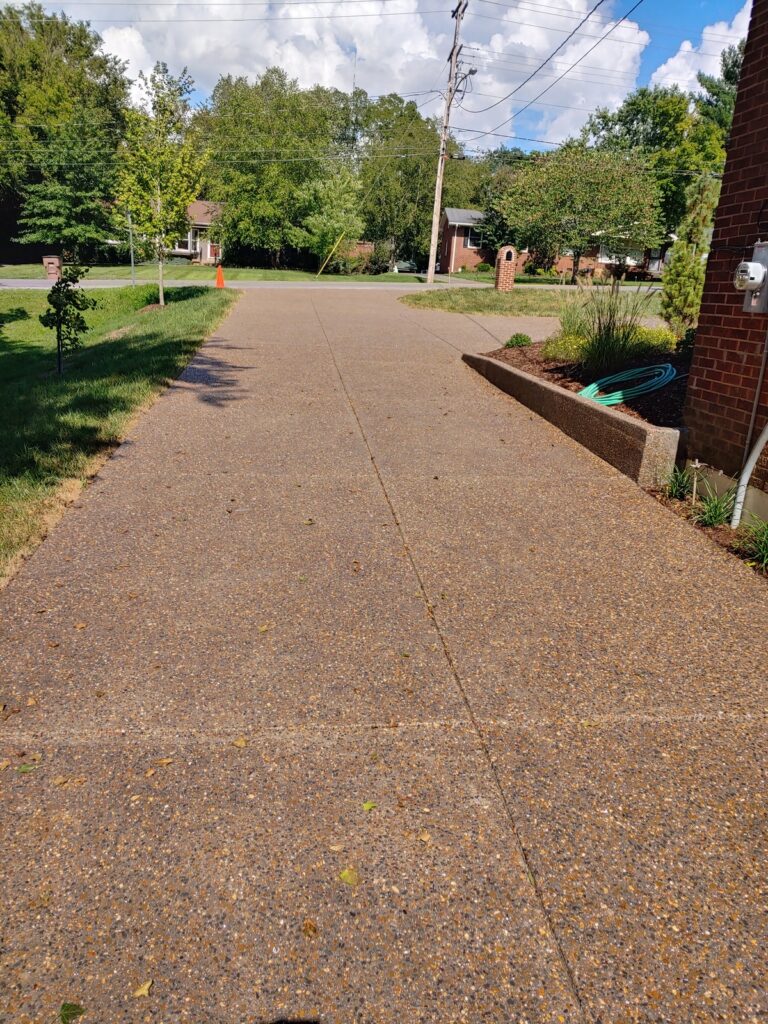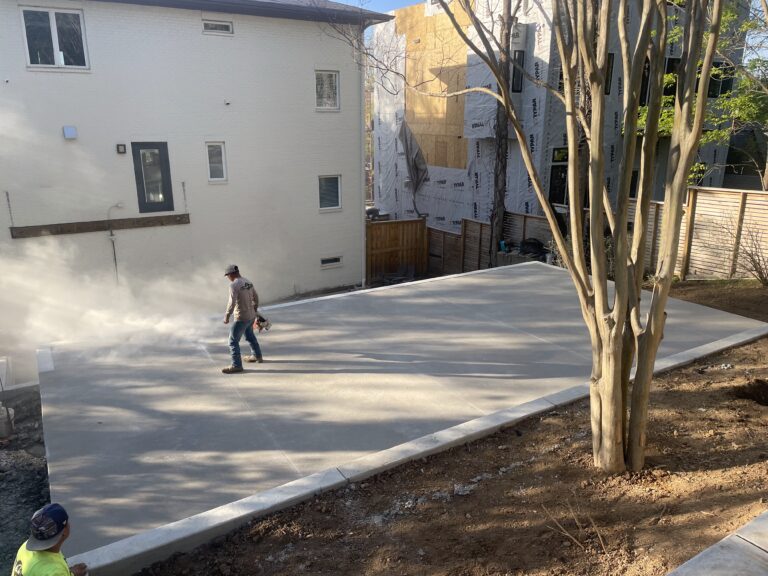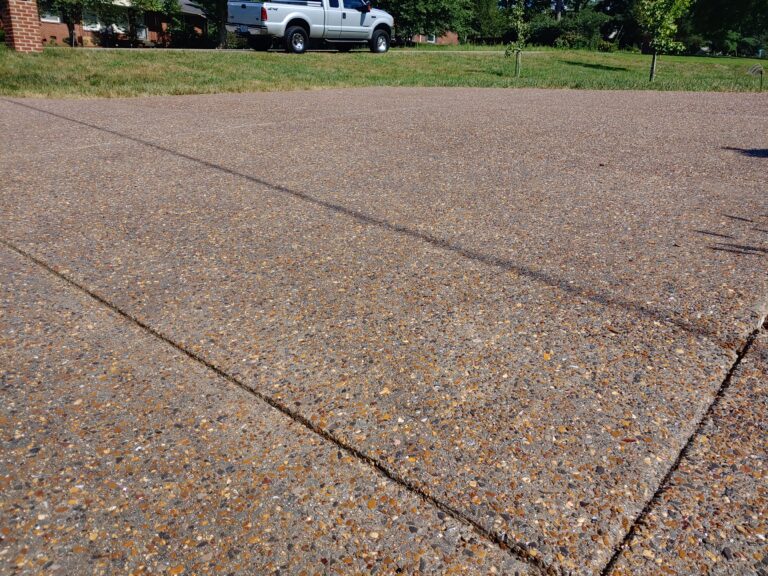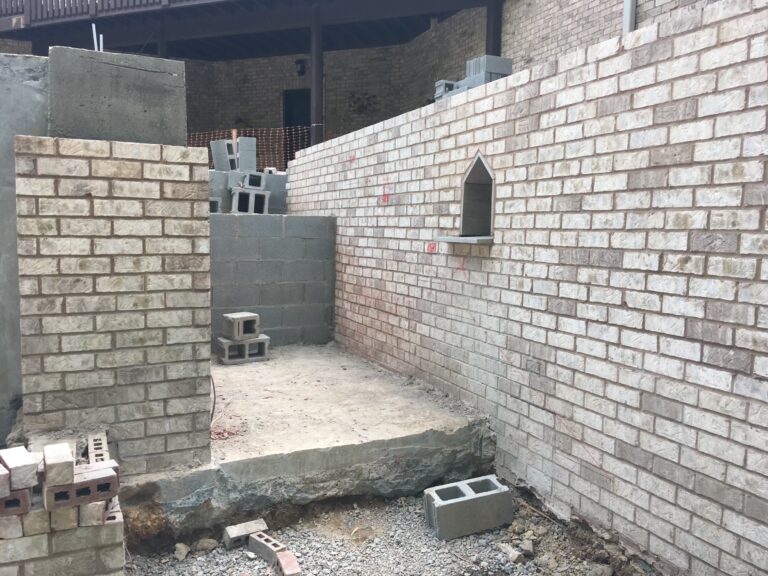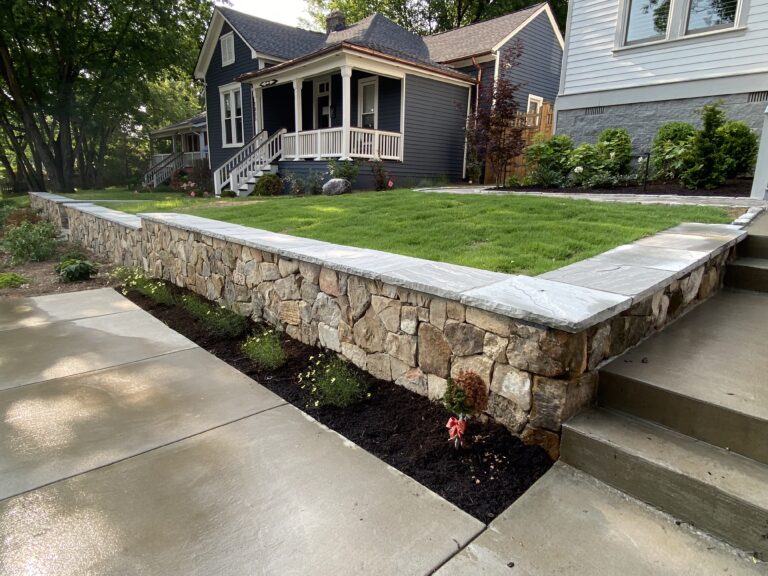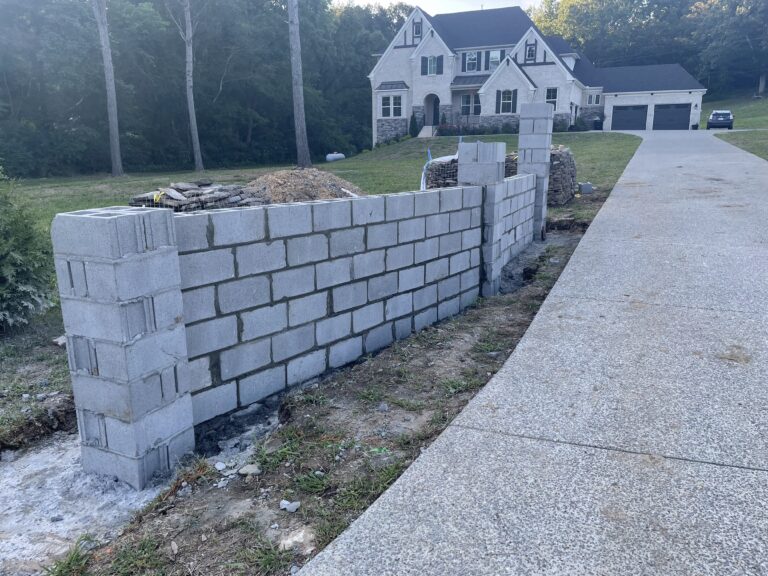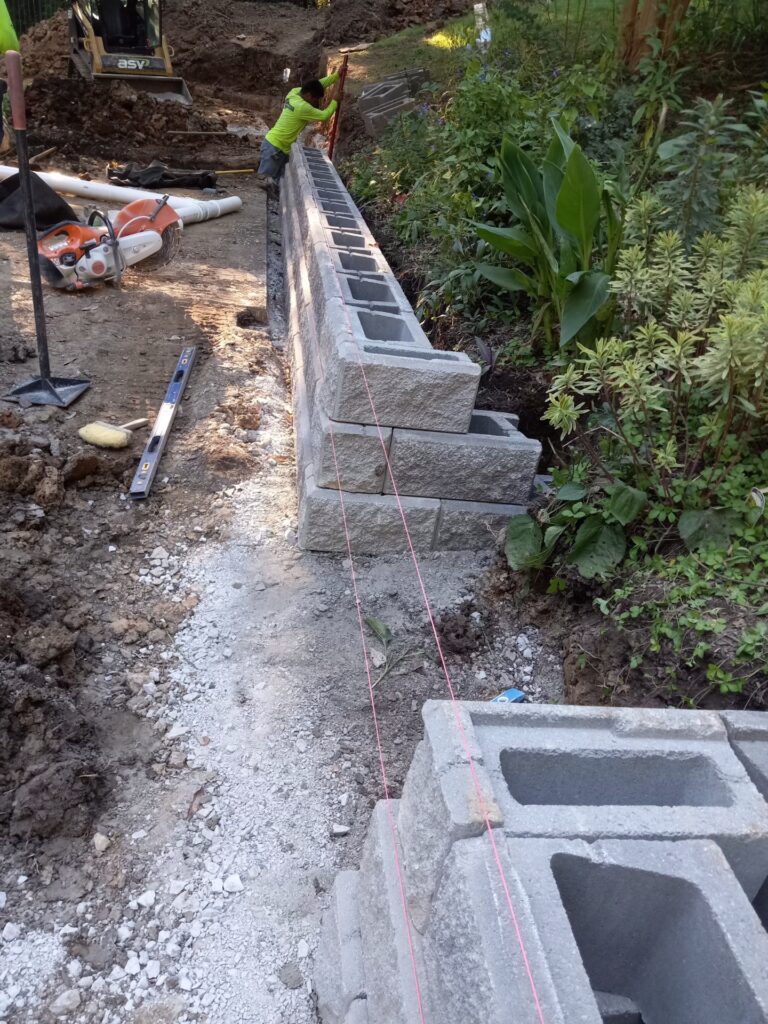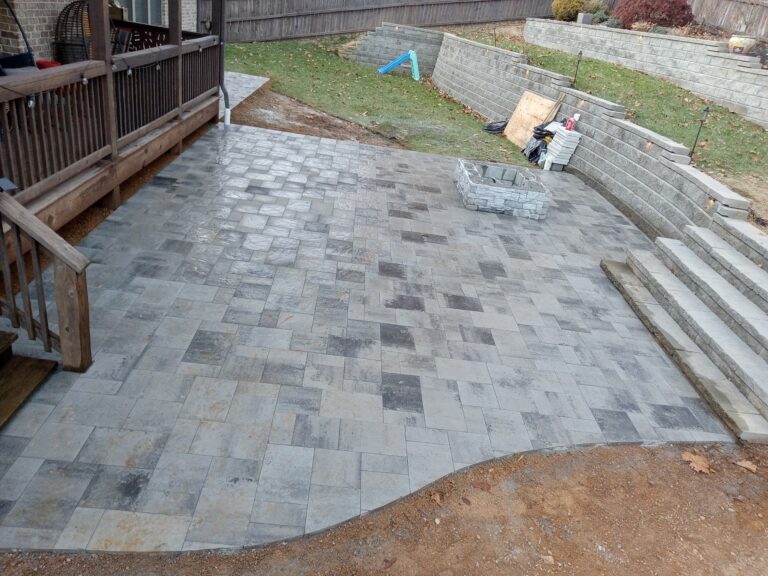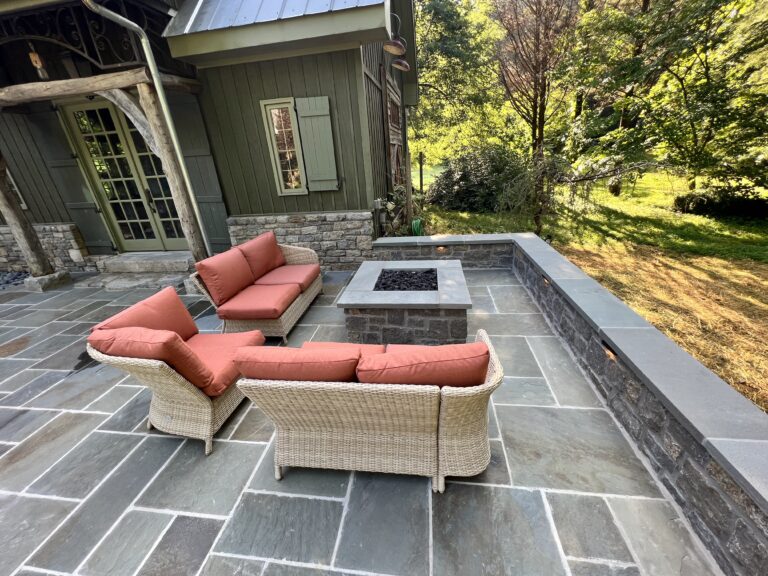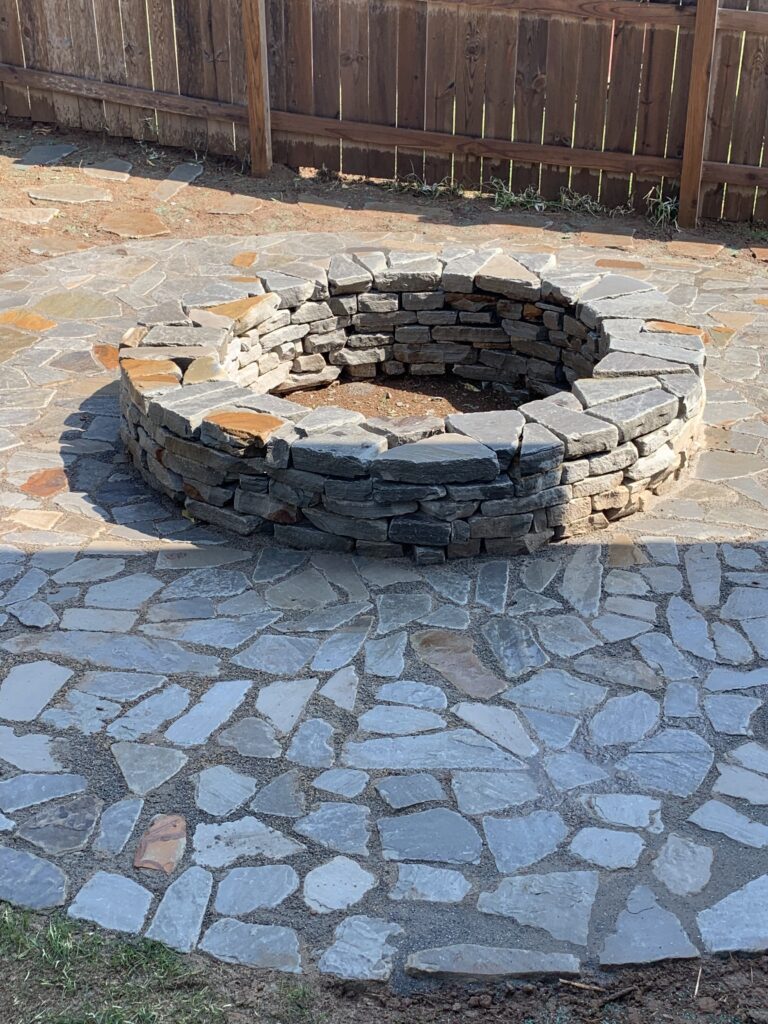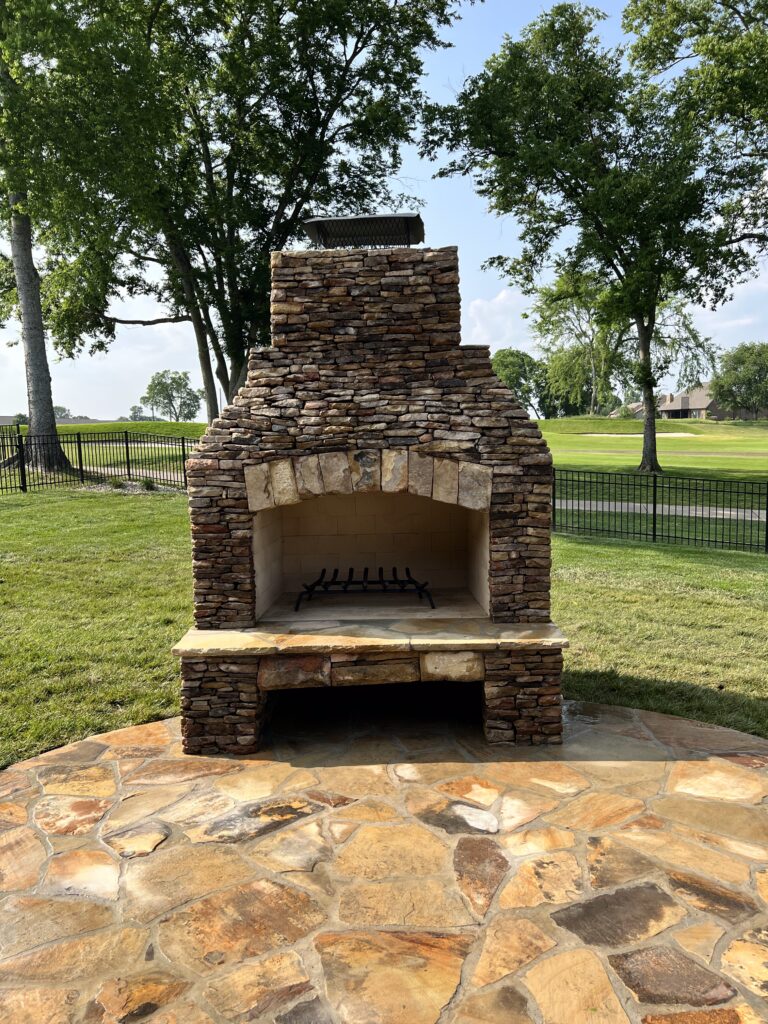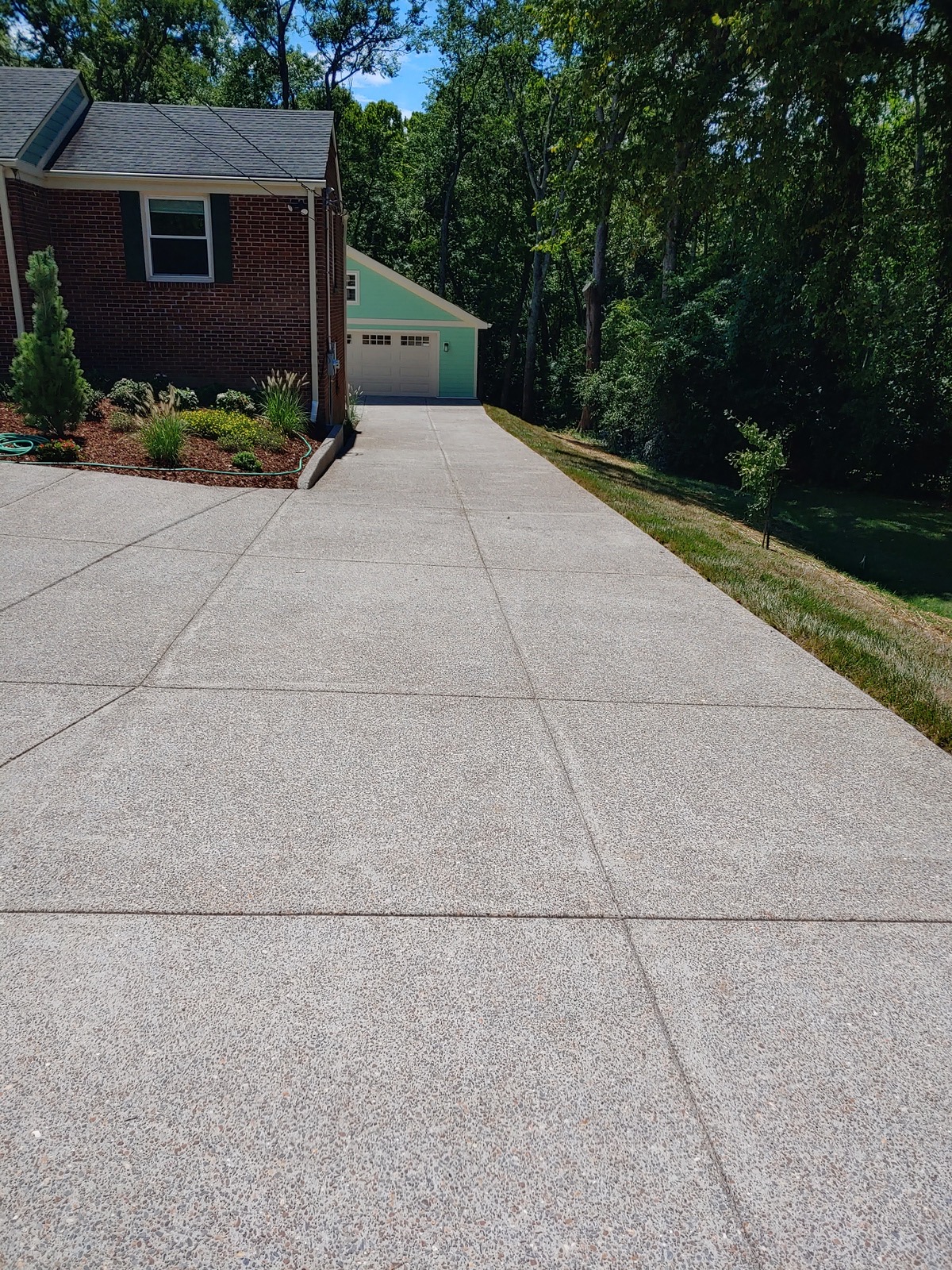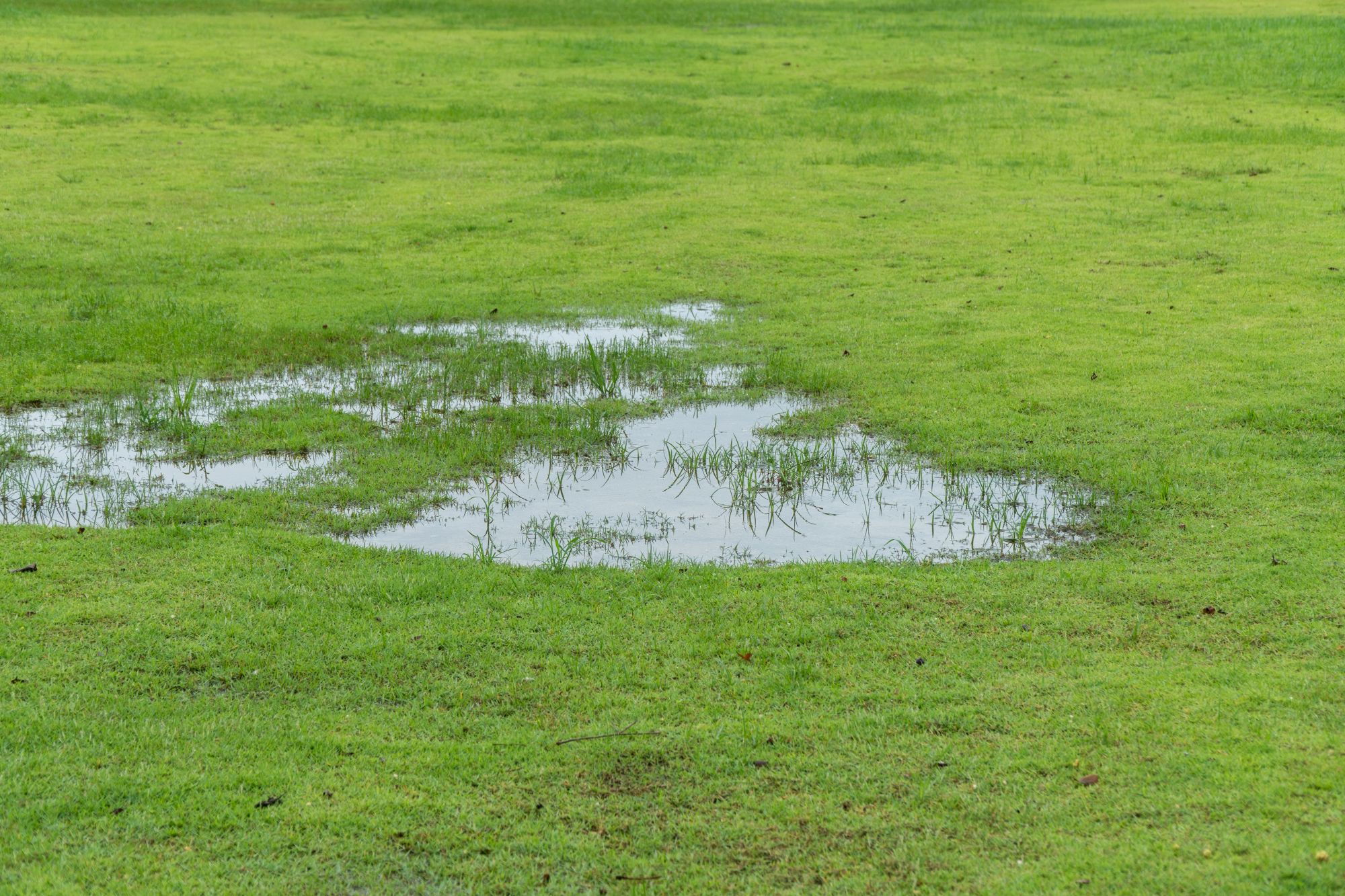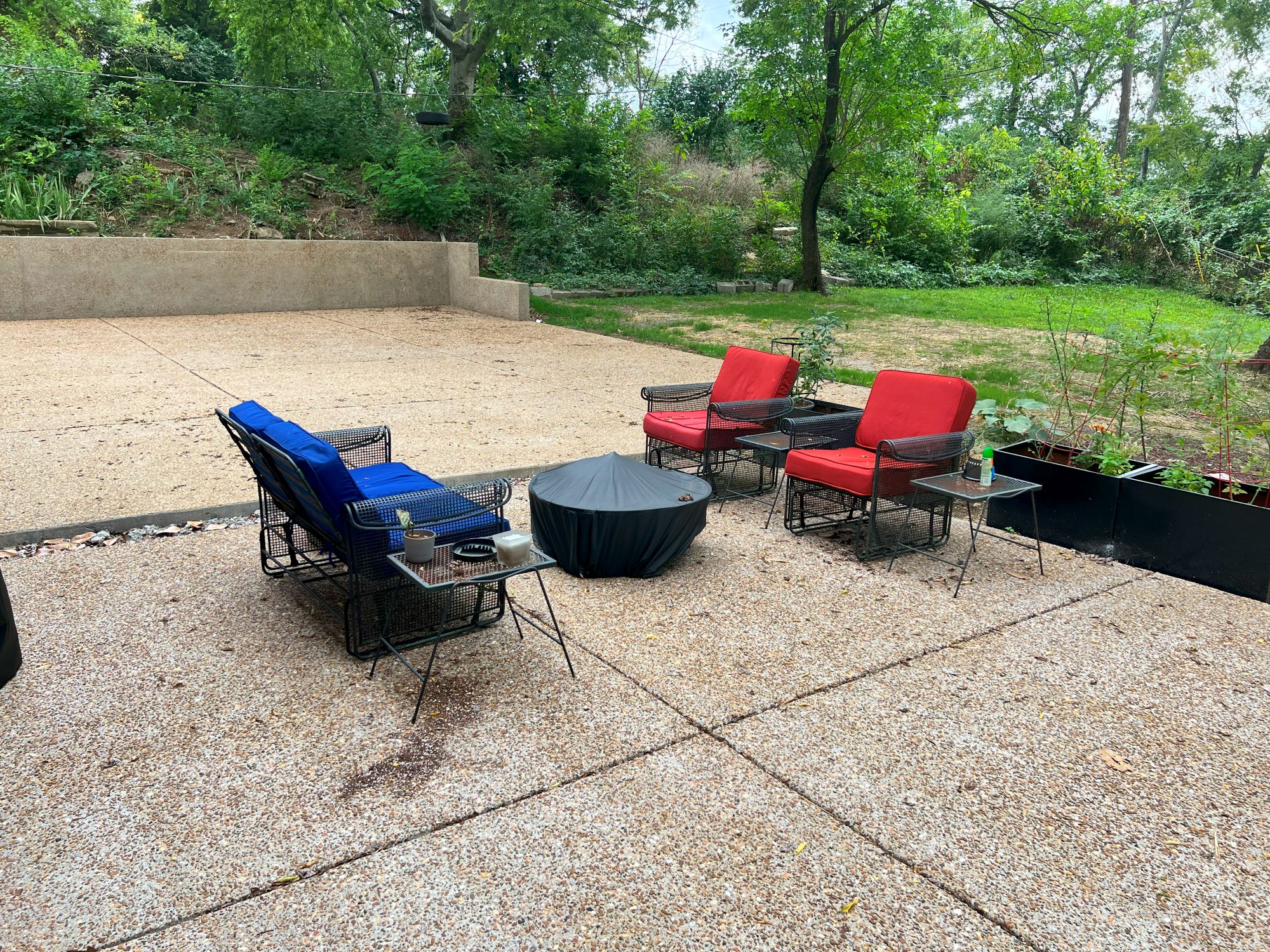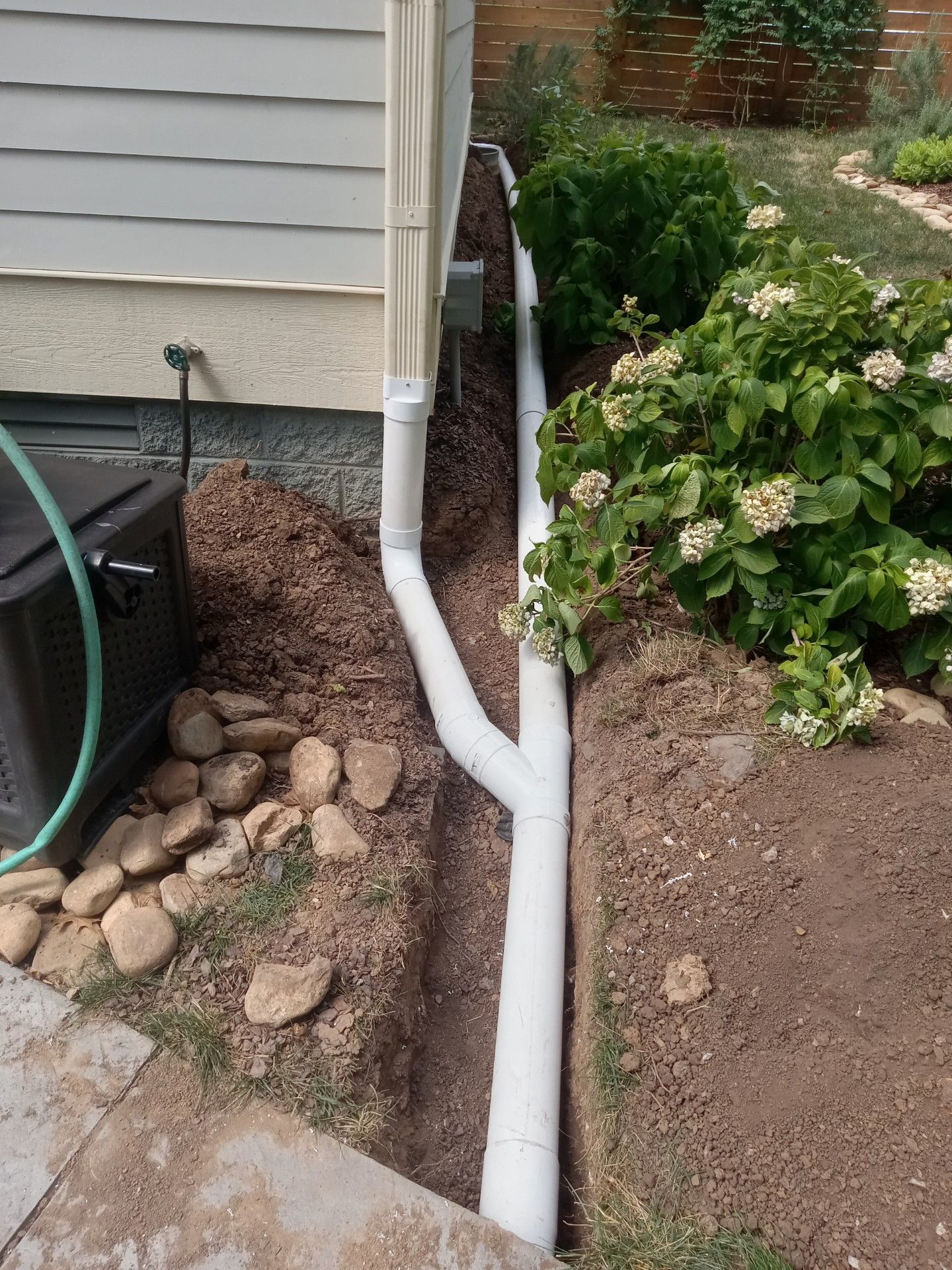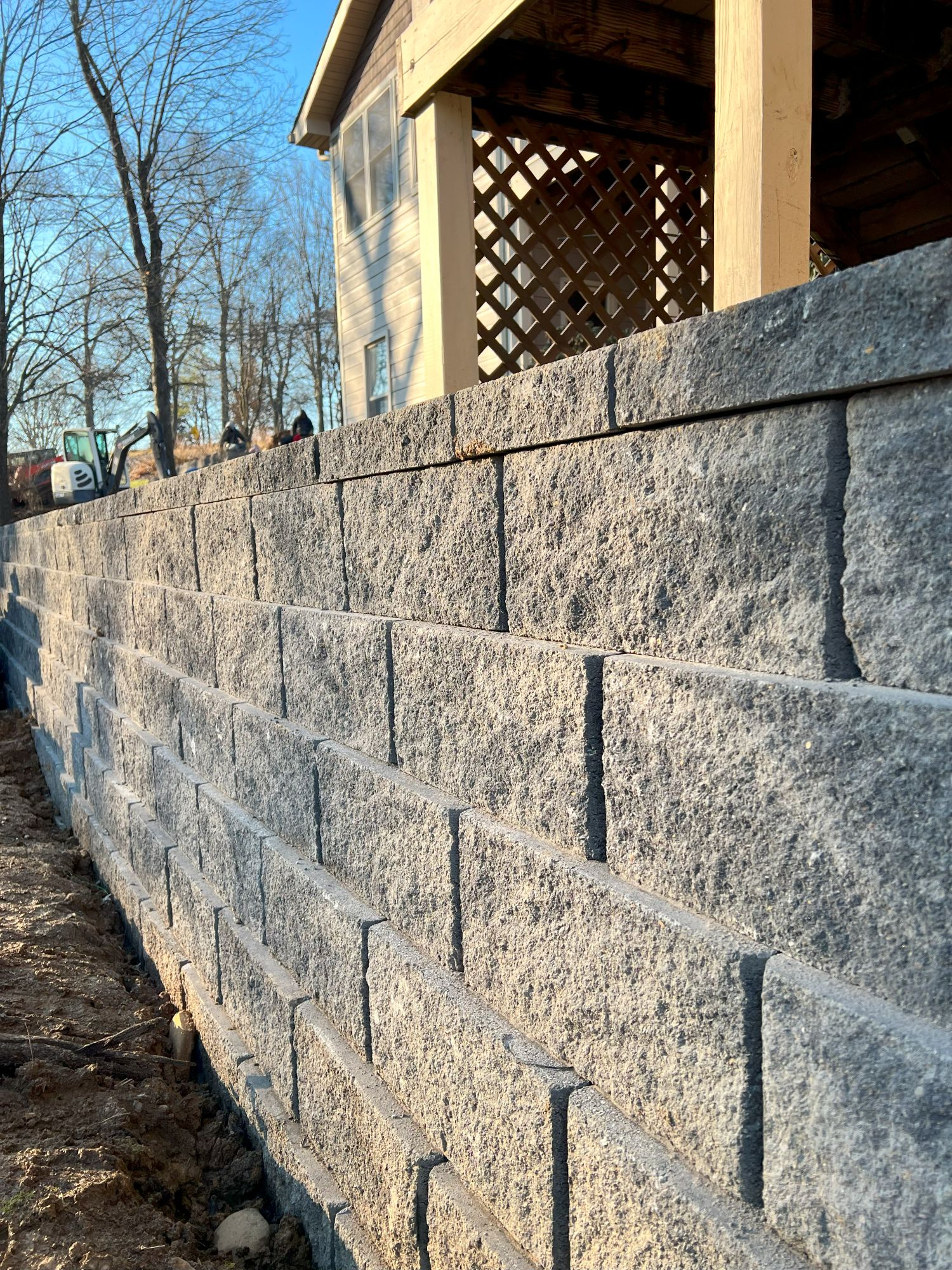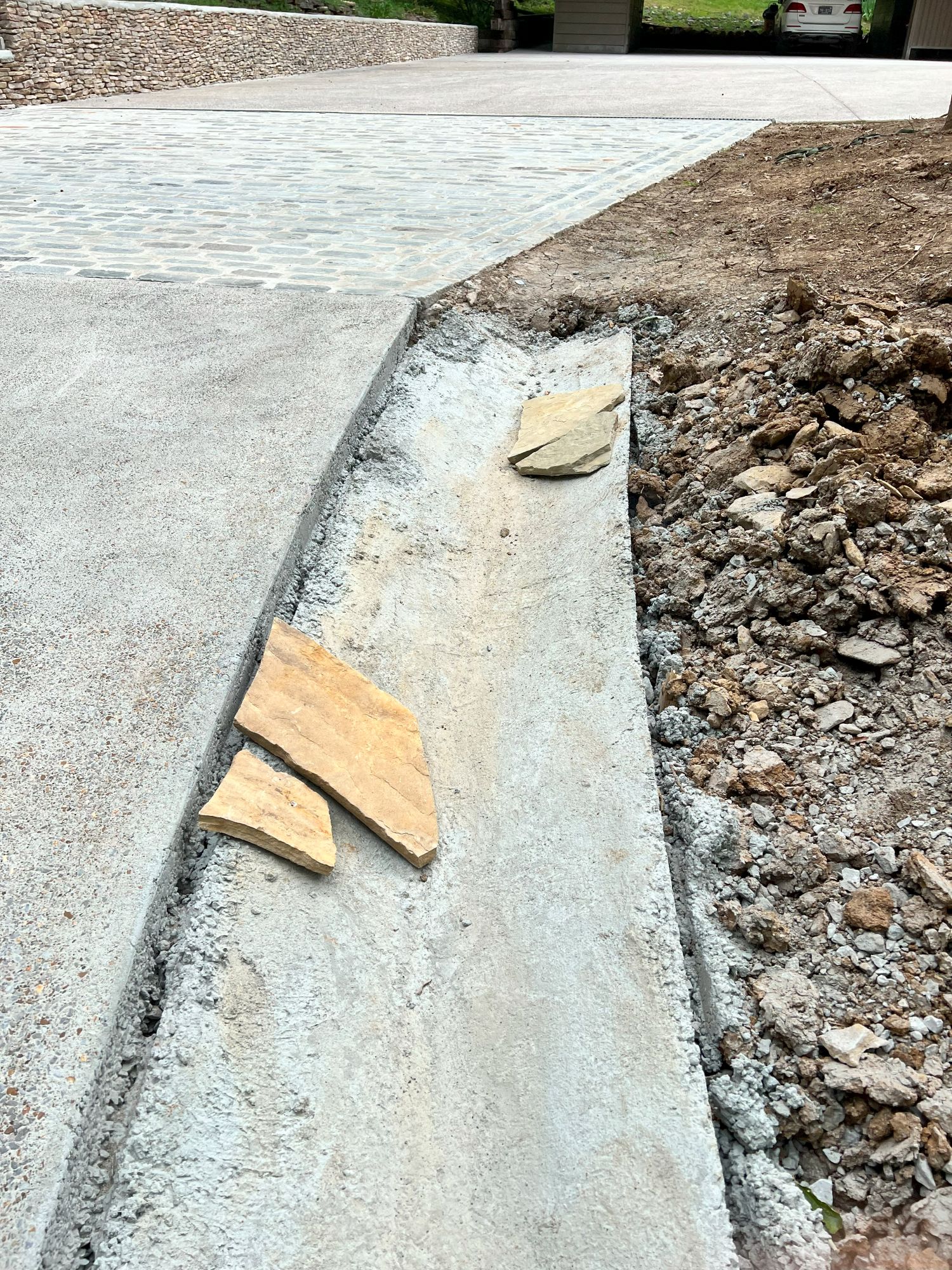A driveway is more than meets the eye—if done right, it not only enhances the curb appeal of your property but also provides a durable and long-lasting surface for vehicles. If you don’t have one or need to replace yours, it’s crucial to understand the costs involved in a concrete driveway project. We’ll review the various aspects that contribute to the cost of concrete driveways, including the different types of concrete, labor costs, maintenance expenses, and benefits of choosing a concrete driveway over other alternatives.
How Do You Calculate the Cost of a Concrete Driveway?
The cost of your entire driveway project will depend on several factors. To start, if there is an existing driveway that needs removal, that will incur a price. The kind of concrete you use and any treatments to change its appearance will also add to the total cost. Labor is another factor—it’s recommended you hire a hardscaping contractor to handle the driveway installation, and the cost of their services could vary depending on experience and whether they charge a flat rate or by time. You’ll need to plan out the entire project and get estimates to have a good idea about the final price tag.
Types of Concrete for Driveways and Cost Differences
There are several varieties of concrete, each with unique characteristics and price points. The most common types of concrete used for driveways are:
- Standard Concrete (Broom Finished): This is the most basic type of concrete used for driveways. It typically consists of a mixture of cement, sand, gravel, and water. Standard concrete driveways are cost-effective and suitable for most homes and properties.
- Stamped Concrete: Stamped concrete driveways offer aesthetic versatility, since they can mimic the appearance of natural stone, brick, or tile. The process involves pressing patterns onto the wet concrete before it sets. Stamped concrete driveways are more expensive than standard concrete due to the added labor and materials required for the stamping process. The benefit of stamped concrete is it provides increased curb appeal and can be matched to existing designs on the property.
- Colored Concrete: If you desire a driveway with a unique hue, colored concrete is an option. Pigments are added to the concrete during mixing, offering a wide range of color choices. When there are other concrete or brick structures present, like garden walls or retaining walls, this can help create a consistent theme. Colored concrete driveways are more expensive than standard concrete driveways.
- Exposed Aggregate Concrete: This type of concrete is designed to expose the natural texture of stones and pebbles in the mixture. Exposed aggregate concrete driveways provide a decorative and slip-resistant surface, though they are a bit uncomfortable when walked on barefoot. They are relatively affordable, falling between standard and stamped concrete in terms of cost.
Costs of Stamped Concrete vs. Plain Concrete
Stamped concrete driveways offer unique design possibilities, making them a popular choice for homeowners who want a visually striking driveway. However, it’s essential to consider the cost implications when deciding between stamped and plain concrete.
The cost of stamped concrete driveways is higher due to the added labor and materials required for stamping. While plain concrete is more budget-friendly, stamped concrete can add significant value and aesthetic appeal to your property.
Cost of Labor to Install a Concrete Driveway
The labor cost of concrete driveways depends on various factors, including the size and complexity of the project, local labor rates, and the availability of skilled contractors. Labor expenses may include site preparation, demolition, excavation, grading, and the actual pouring and finishing of the concrete. The current state of your property will factor heavily into how much work is required. To ensure a smooth driveway installation process and satisfactory results, it is advisable to hire experienced and reputable contractors, even if their rates might be slightly higher. This is a big investment, but it’s even more costly if you end up having to redo it.
Costs of Maintaining a Concrete Driveway
One of the advantages of concrete driveways is their relatively low maintenance compared to materials like gravel. However, concrete driveways still need periodic work to preserve their appearance and durability. Common maintenance expenses for concrete driveways include:
- Sealing: Sealing your concrete driveway every 2-3 years helps protect it from stains, water damage, and freeze-thaw cycles. The cost of sealing varies based on driveway size and the type of sealer used.
- Crack Repairs: Over time, concrete driveways may develop cracks due to settlement or extreme weather conditions. Repairing these cracks promptly is essential to prevent further damage. The cost of crack repairs depends on the extent of damage and the materials used.
- Cleaning: Regularly cleaning your concrete driveway is essential to remove debris, oil stains, and other contaminants. Pressure washing or using cleaning agents may incur additional costs.
“Work with skilled Nashville hardscaping and outdoor construction professionals who understand your vision and respect your schedule. Contact us for a free quote!”
Is a Concrete Driveway a Good Idea?
Choosing a concrete driveway offers several advantages over other driveway materials:
- Durability: Concrete is known for its strength and longevity, making it a durable choice for driveways. When properly maintained, a concrete driveway can last for several decades.
- Versatility: With various types of concrete available, homeowners have the flexibility to choose a style that complements their property’s architecture and personal preferences. Your driveway can be customized to your aesthetic preferences.
- Low Maintenance: Concrete driveways require minimal maintenance compared to alternatives like gravel. Regular sealing and occasional cleaning are usually sufficient to keep the surface in good condition. Concrete won’t require an abundance of time or effort to keep in great shape.
- Enhanced Curb Appeal: A well-designed concrete driveway can significantly enhance the curb appeal of your home, creating a positive first impression for visitors and potential buyers. As one of the first things seen on arrival, it helps set the stage for the rest of the property.
When planning your driveway project, it’s essential to consider the various factors that contribute to the overall concrete driveway cost. The type of concrete chosen, labor expenses, maintenance requirements, and design choices all play a crucial role in determining the final budget. While concrete driveways may require a higher initial investment than some alternatives, their long-term durability and aesthetic appeal make them an excellent investment for your property. To ensure a successful installation and return on investment, be sure to work with reputable contractors who can provide professional guidance throughout the process. Greenway of Nashville has more than 15 years of experience in driveway installations of all kinds. We set the foundation by creating a custom plan during your consultation so that you get the perfect driveway for your environment.
With proper planning and maintenance, your concrete driveway will be a functional and attractive addition to your home for years to come. With Greenway, you won’t have to lift a finger to enjoy the results.
Secure your driveway installation near Nashville before winter by submitting a form on our website or by calling us at (615) 238-4574. We’ll schedule your free discussion and estimate so you’ll know the exact cost of the perfect driveway.
Read more content related to:
